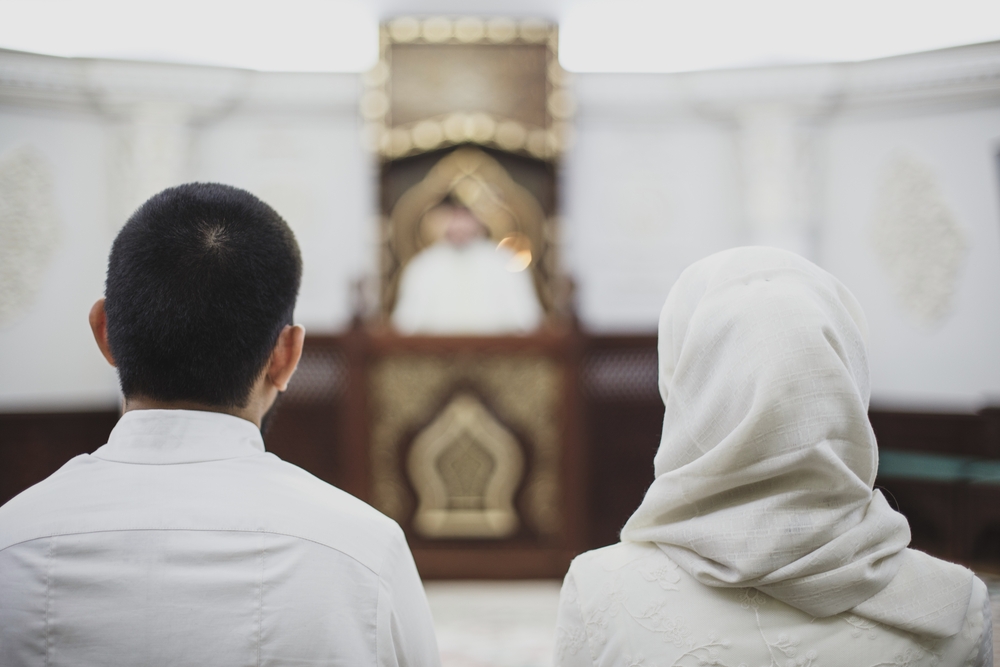The Republic of Tunisia, a North African country that has led its region on women’s rights issues, is now going a step further by reviewing laws that discriminate against women by forcing them to marry Muslim men and receive half of what men get in their inheritances.

Tunisian President Beji Caid Essebsi announced on National Women’s Day that his administration would review a 1973 administrative directive prohibiting Tunisian women who are Muslim from marrying non-Muslim men. (In case you’re wondering, there’s no such law prohibiting Muslim men from interfaith marriages. The directive only applies to Muslim women.)
Essebsi said the one-sided law against interfaith marriages is “an obstacle to the freedom to choose one’s spouse.”
There has been some pushback to the proposed change to marriage law, but the battle over inheritances seems more controversial. Current law requires women to receive only 50 percent of what their brothers receive from their families.
That issue, Essebsi said, was not a religious one but a “matter for human beings.”
“The State is committed to achieving full equality between women and men, and to ensuring equal opportunities for them in assuming all responsibilities, as stipulated in Article 46 of the Constitution.”
Essebsi assigned a “committee of jurists, both men and women,” to study the inheritance issue and find a way to fix the inequality without impeding on the religious liberties of practicing Muslims.
“We will not go through reforms that could shock the people, who are mostly Muslim, but we are moving towards equality in all fields. We are convinced that the Tunisian legal mind will find appropriate formulas that do not conflict with religion and its purposes, or with the Constitution and its principles, towards full equality.”
Islamic scholars in Tunisia, perhaps surprisingly, voiced support for the proposals that would give women more rights in the country. Unfortunately, some women in the country have opposed them.
Mona Ibrahim, the deputy leader of the country’s conservative Ennahdha political party, says she has been inundated with phone calls by female constituents who fiercely oppose any change in the law.
“I have spoken with so many women who feel strongly about this,” she says.
Ibrahim also said the issue “goes to the heart of the Islamic religion” and “touches the very identity of Tunisian society.”
Removing these sexist laws would be a huge win for secularization, and that’s what people like Ibrahim fear. Fortunately, not everyone thinks a government based on Islamic law makes for a utopia.
Wafa Ben-Hassine, a Tunis-based rights activist, seems to get it.
“I don’t think that that kind of an argument has a place in a civil state. To have a letter of the Holy Book guide a state is not recommended in any country.”
The rights of women in Tunisia are incredibly important, but don’t assume this issue is limited to them. Progress on this front can serve as an example for other Muslim countries in Africa and the Middle East, creating a framework for a society that doesn’t treat women as second-class citizens (while perhaps still preserving some of their culture).
The process to change the laws will take years, but these first steps send an important signal to other countries governed at least in part by Islamic law.
(Thanks to Ahmad for the link. Image via Shutterstock)




It’s Moving Day for the Friendly ..."
It’s Moving Day for the Friendly ..."
It’s Moving Day for the Friendly ..."
It’s Moving Day for the Friendly ..."